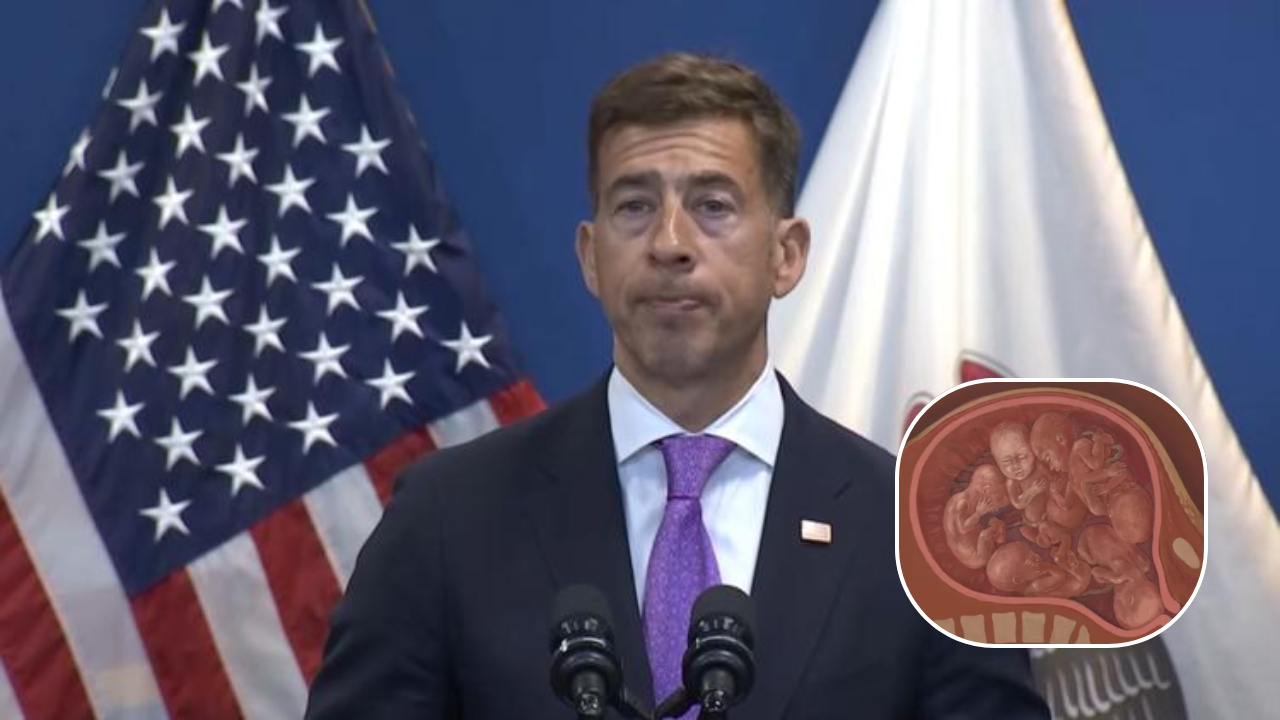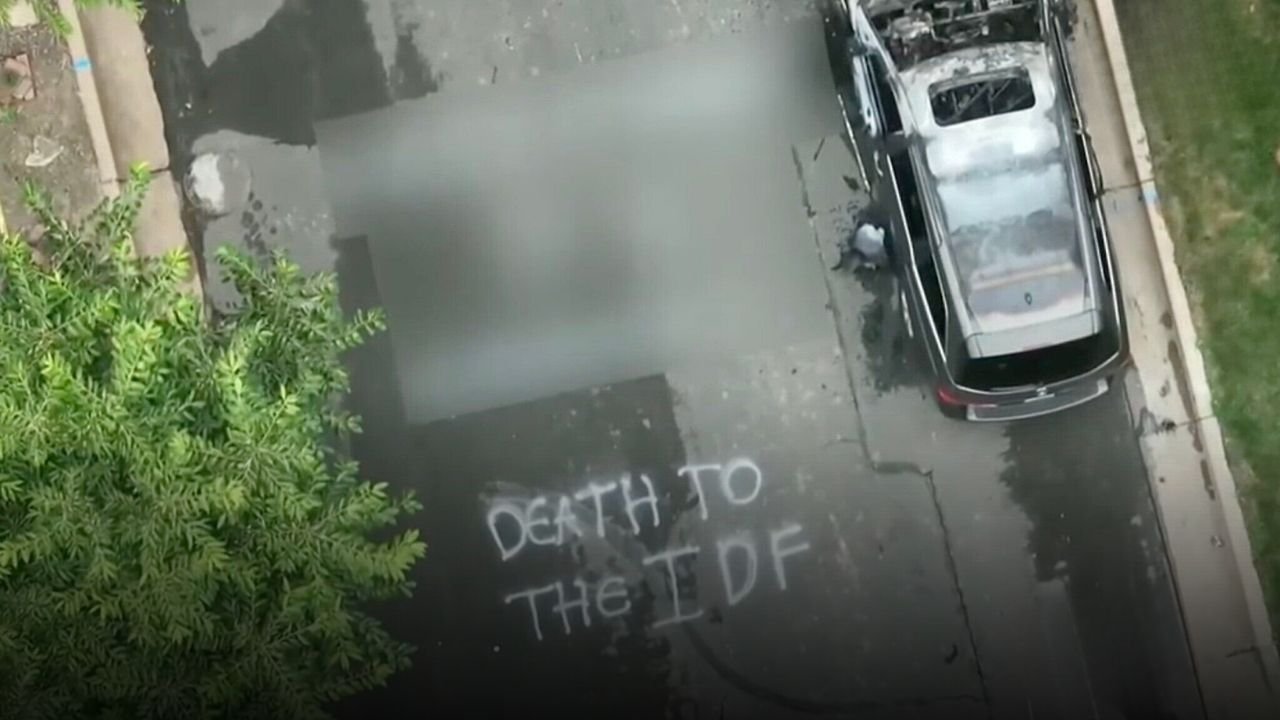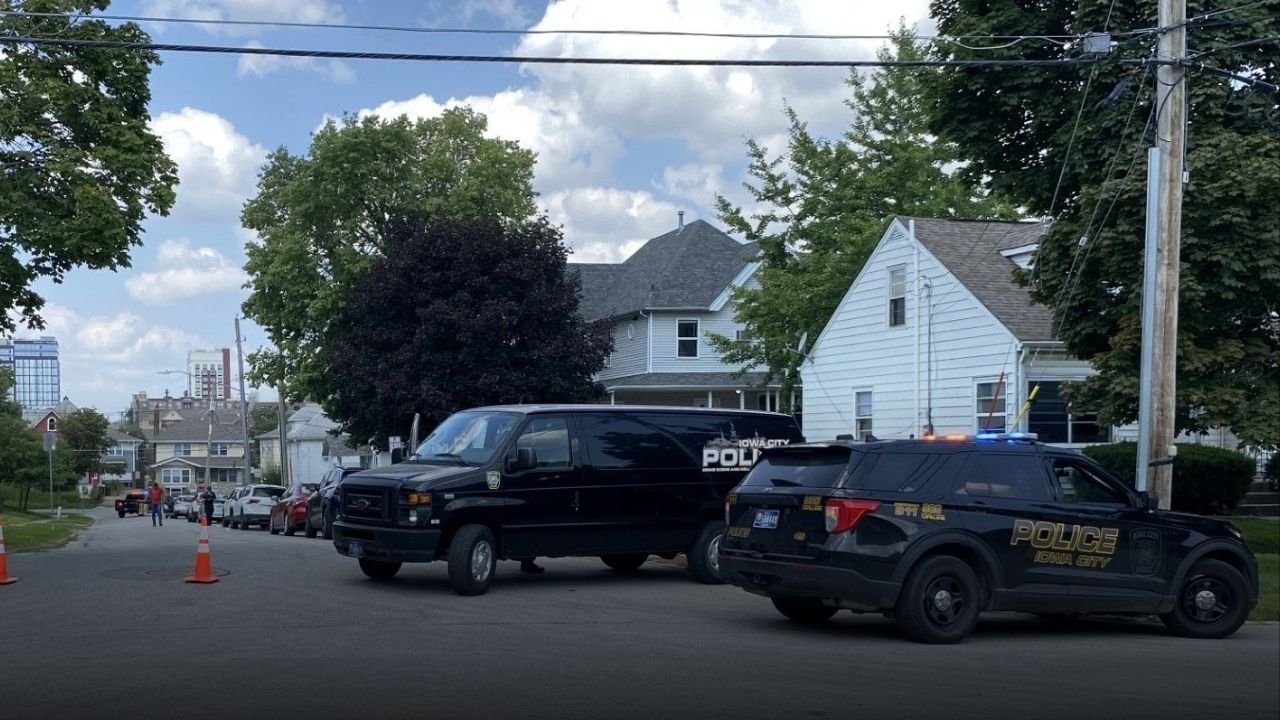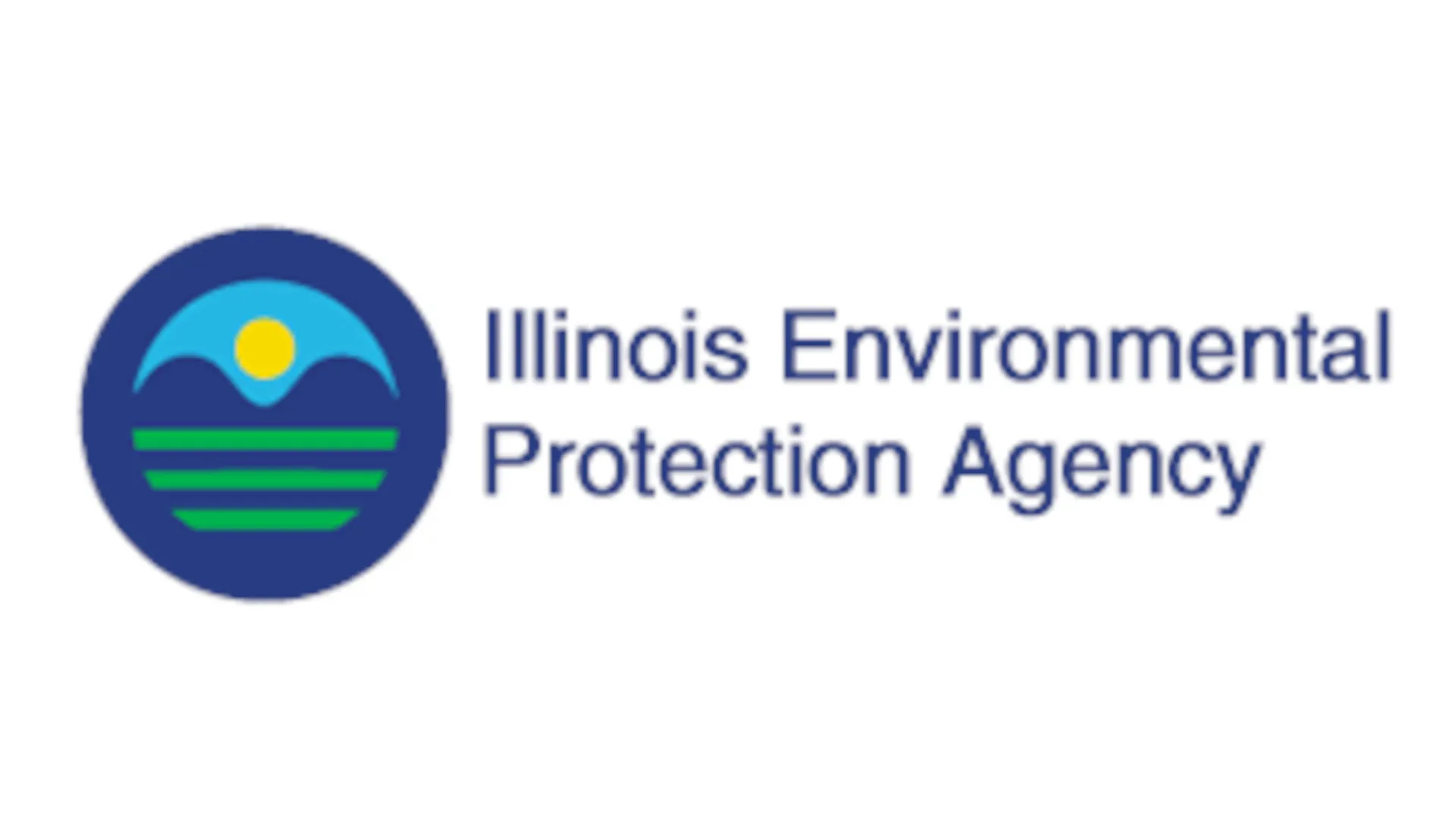ILLINOIS — State officials are launching a crackdown on the use of license plate reader (ALPR) data following disturbing allegations that law enforcement improperly shared information with Texas authorities investigating a woman’s abortion.
Illinois Secretary of State Alexi Giannoulias is taking the lead, denouncing the misuse of surveillance technology and pledging regulatory reform to protect Illinois residents — especially those seeking reproductive healthcare and immigrants — from out-of-state legal overreach.
License Plate Reader Misuse Sparks Statewide Alarm
The case in question involves the Mount Prospect Police Department, which allegedly provided automatic license plate reader data to the Johnson County Sheriff’s Office in Texas. The shared data was reportedly used to track a woman suspected of undergoing a self-managed abortion, a move that would be a violation of Illinois law under a statute passed in 2024.
The 2024 act bars law enforcement agencies in Illinois from using ALPR data to aid investigations related to immigration status or abortion care. Yet, according to a report from 404 Media, Mount Prospect officers shared data with Texas law enforcement anyway — triggering a statewide audit.
Giannoulias Condemns ‘Surveillance Abuse’
Speaking in response to the report, Secretary Giannoulias expressed grave concern.
“License plate readers can serve as an important tool for law enforcement, but these cameras must be regulated so they aren’t abused for surveillance, tracking the data of innocent people or criminalizing lawful behavior,” he said, as reported by the Chicago Sun-Times.
The state is now conducting an official audit to determine how many times such data has been inappropriately shared — particularly in cases involving reproductive rights or immigration enforcement.
Mount Prospect Police Face Potential Sanctions
Though Texas officials, including Sheriff Adam King, claimed the license plate data was used to ensure the woman’s safety after an abortion attempt, critics say the action undermines Illinois laws designed to protect those seeking healthcare.
Giannoulias has made it clear: if local agencies violate the state’s restrictions, they could lose access to state grants or be hit with other penalties.
This isn’t the only incident raising red flags. The Secretary’s office is reviewing hundreds of potential immigration-related data-sharing instances across Illinois to assess the extent of non-compliance.
A Growing Pattern of Concern
Reproductive rights advocates are calling the case part of a growing trend of cross-state legal overreach, where conservative states pursue investigations that may conflict with laws in pro-choice states like Illinois.
The incident has renewed pressure on Illinois officials to strengthen privacy protections, increase transparency in ALPR usage, and reinforce state sovereignty on abortion access.
What This Means for Illinois Drivers
The growing use of license plate readers — cameras that scan plates and automatically log vehicle locations — is raising new concerns about surveillance, privacy, and state control over personal data.
This latest controversy may serve as a catalyst for reforms, including:
-
Stricter limits on ALPR data access
-
Tighter inter-agency sharing rules
-
New training for local law enforcement
-
Penalties for non-compliance with state privacy laws
Illinois residents concerned about their personal data being shared are encouraged to monitor local police technology policies and push for greater legislative oversight.
Have you or someone you know experienced privacy concerns related to license plate tracking or law enforcement surveillance? Share your story in the comments or reach out to us directly. Your voice can help push for stronger protections in Illinois.












